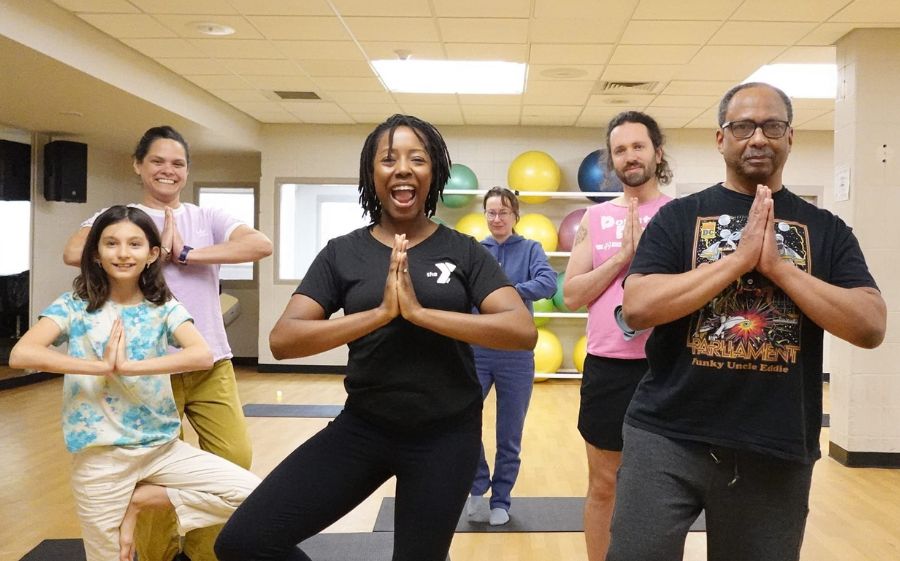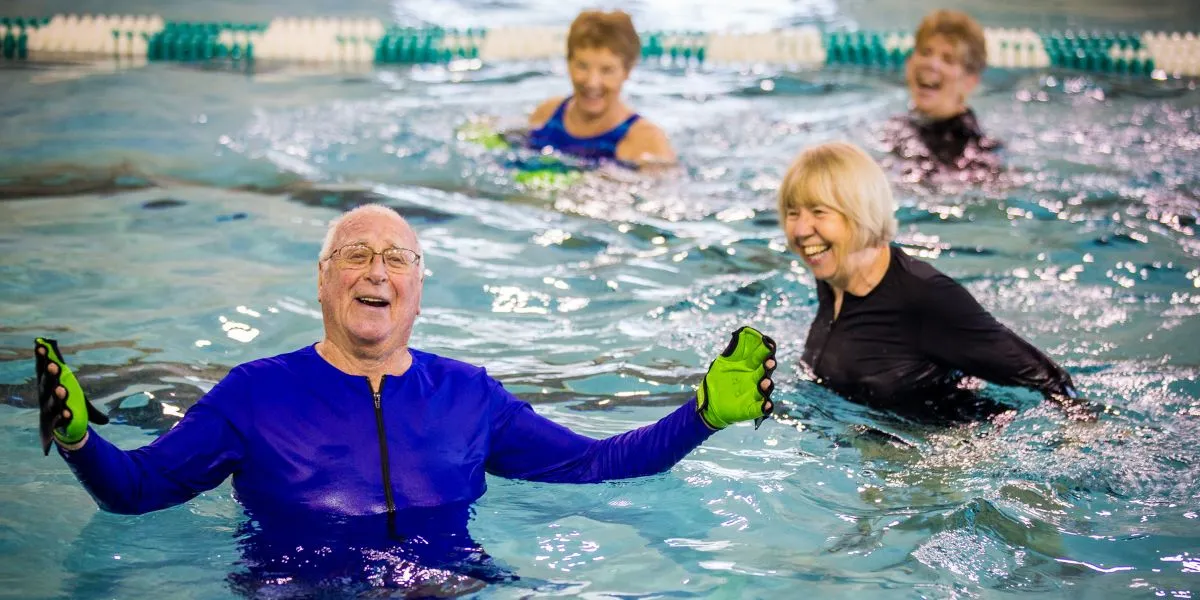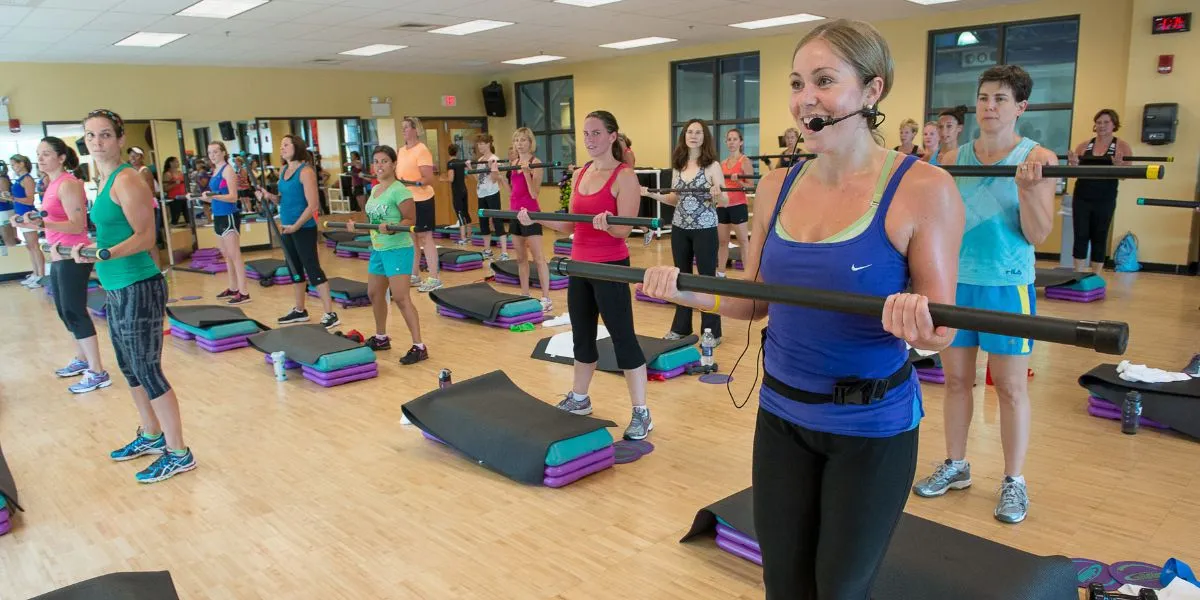
Published: 04/22/2024 - 9:00 AM
Mental health conditions are common, but people living with them may not realize how exercise can improve mental health. Even simple workouts a few times per week can help ease stress and increase self-esteem.
In this article, we explain the connection between exercise and mental health and dive further into the benefits of regular exercise. We've also included some recommendations for weekly exercise amounts so you can gain a better understanding of how to create a healthy, active lifestyle.
The Connection Between Exercise and Mental Health
While most people are aware of the benefits of exercise for their physical health, many overlook the positive impact it can have on their minds and general well-being. Regular exercise can change how your brain functions, which can make you happier, help you sleep better, improve your focus and enhance your energy levels.
When you exercise, you increase the blood circulation to your brain and influence your hypothalamic-pituitary-adrenal (HPA) axis, which controls your body's reaction to stress. Research shows that people who exercise have lower levels of stress hormones like epinephrine and cortisol, and it is believed that exercise causes the release of mood-boosting neurotransmitters like dopamine and serotonin. Studies also show that inactive people are 64% more likely to experience depression compared to people with higher cardiorespiratory fitness levels.
So, it's clear inactivity can lead to higher levels of depression and stress and that regular exercise can help relieve stress and improve your mood. With regular exercise, you can increase your overall mental health and reduce or manage mental health disorders.
Benefits of Exercise for Mental Health
When people regularly exercise, even in small amounts, they enjoy several benefits. Below are just a few, which we hope will encourage you to start moving your body and experience them for yourself.
Reduce Stress
Stress is a response to threats that helps keep us safe and on our toes, which was essential for our ancestors when a predator came near. These days, the likelihood of a lion eating you is quite low, but our bodies respond to other challenges — like a job interview or overdue bills — in the same way. Living in a constant state of stress can negatively affect your physical and mental health.
Exercise is known to combat stress, lowering stress hormones and releasing happy hormones. This will relieve tension in your body and help you relax. Additionally, exercise simulates stress for the body, helping all your systems get better at working through and overcoming stress effects.
Lessen Anxiety and Depression
Anxiety disorders are some of the most common mental health conditions, affecting 4% of the entire global population. Anxiety conditions often lead to feelings of intense fear and worry that are difficult to control. Depression is also common and affects roughly 3.8% of the world's population. Depression can make an individual feel sad, hopeless and tired.
Exercise is an effective tool to combat these mental health conditions, with some research indicating that physical activity can reduce mild depression and anxiety 1.5 times better than medication. What's more, exercise doesn't come with the same side effects as some medications do, so it may be beneficial to try regular exercise before exploring other treatments. Even just a short walk or some gardening a few times each week may help you keep feelings of sadness and worry at bay.
Boost Confidence
When you exercise to improve your mental health, you may also start to notice you feel better about yourself in the process. You may experience weight loss, increased endurance and stronger muscles, making you feel more confident about your body and improving your self-esteem. Exercise can also make you more aware of your body and how it works, which is especially important for teens and young adults.
Above your physical appearance, getting stronger and achieving your exercise goals will make you feel accomplished and proud of yourself, which is wonderful for your confidence levels. You may not notice these improvements immediately, but when you stick to your routine and exercise consistently, you'll notice the results in time.
Prevent Cognitive Decline
Over 55 million people worldwide have dementia, a disease that affects memory and thinking. Alzheimer's disease is the most common form of dementia and commonly affects people 65 years and older. However, dementia is not a normal part of aging, and studies show that inactivity and a sedentary lifestyle have a large impact on a person's likelihood of developing dementia.
One of the best ways to prevent dementia is to exercise throughout your life, as research indicates regular exercise can lower one's risk of developing dementia by 28%. For people already living with dementia, exercise may be helpful to prevent further decline and memory loss. Above preventing dementia, exercise will improve your concentration levels and ability to learn, which is necessary for people of all ages, especially children and young adults.
What Counts as 'Regular' Excercise?
Exercise looks different for everyone, but there are evidence-based guidelines that can give you a good indication of what you should aim for, depending on your age and ability:
- 3 to 5 years: Children below 5 years old should be physically active throughout the day. Adult caregivers can encourage children to enjoy various activities, such as playing hopscotch or ball sports, running outside and generally moving around.
- 6 to 17 years: Older children should get at least one hour of moderate-to-vigorous exercise daily. Three days each week should include vigorous activities, muscle-strengthening exercises and activities that improve bone health, like jumping and running.
- 18+ years: Adults should aim for a minimum of 150 minutes a week of moderate activity, including at least two sessions of muscle-strengthening exercises. It may be easier to break these 150 minutes up into 30 minutes a day, five days a week. You can also get your 150 minutes in with 50-minute sessions, three times per week. The most important thing for adults and people over 65 is to sit less during the day and find ways to keep your body moving.
Moderate exercise is anything that raises your heartbeat and causes sweating, such as walking, mowing the lawn, vacuuming the house, riding a bike, gardening or doing water aerobics. Vigorous exercise is more intense, such as running, dancing, riding fast or up hills, and playing basketball or tennis.
Any exercise is better than none. If you are unable to meet the minimum guidelines, try your best to stay active and do what you can. Set goals to incorporate exercise into your daily routine, start slow and find things you genuinely enjoy to make the process easier.
Explore Health and Fitness Programs in the Greater Philadelphia Area
If getting more exercise is part of your goals and you're looking for gyms in the Greater Philadelphia area, consider joining us at the Y! It's our mission to connect families to a healthier life, and we have a variety of membership options available for families and individuals. We believe exercise should be available to all, so we offer financial assistance to help.
All of our memberships provide access to our 15 YMCA gyms, filled with state-of-the-art fitness equipment, pools, basketball gyms, indoor tracks and more. We have a variety of health and fitness programs available as part of our memberships, including personal training, group training, Les Mills™ workouts, virtual workouts and nutrition counseling. We also offer affordable and high-quality child care services to enrich your children's lives and free babysitting services so you can exercise with peace of mind.
Explore our membership options today and schedule a tour at your local YMCA to see if it's the right fit for you. We look forward to helping you create a healthier and happier lifestyle!

